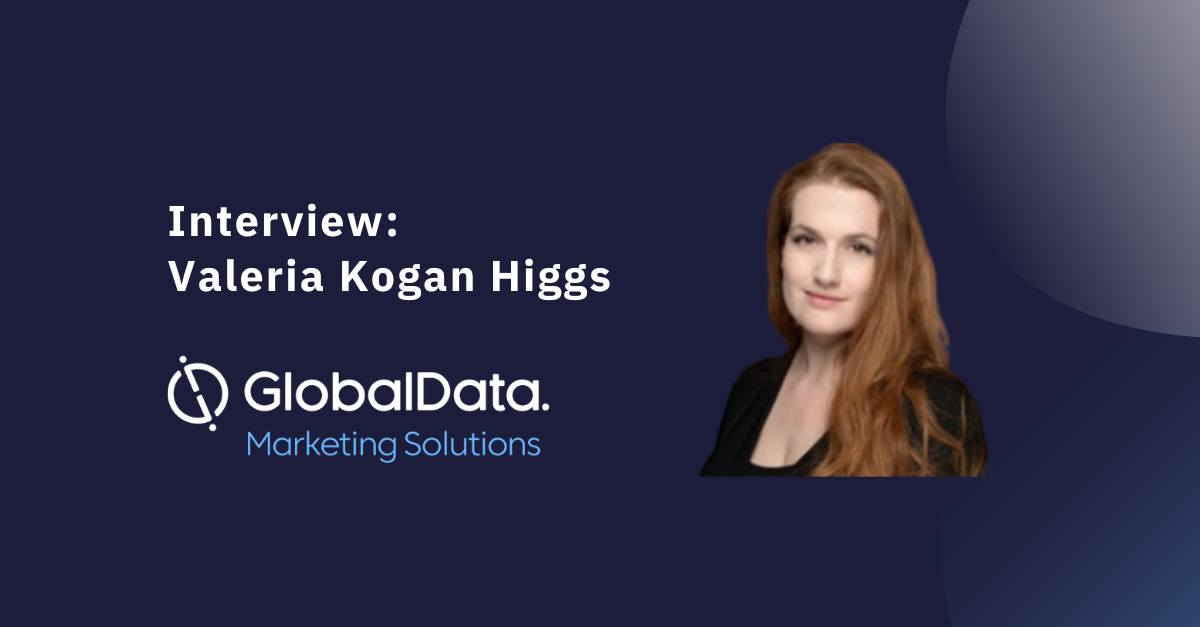From competitive benchmarking to trends and gaining consensus…
We interviewed Valeria Kogan-Higgs, Director of SEO at DataCamp, to ask her about SEO in 2022. DataCamp is an online learning platform that specializes in Data Science. Valeria speaks on what has changed in SEO, what’s stayed the same, and what you can do to make certain that your Search Engine Optimisation is in shape.
What’s changed in SEO changed this year?
I think what Google’s asked for hasn’t really changed during the course of my career, I think that they’ve just become more refined in exactly how they evaluate content and user journey. It’s always been about quality, relevant content, faster loading websites etc.; it’s just that Google wasn’t always sophisticated enough to measure this, and now it has improved tools to do so.
And Google has lots of different, additional ways of looking at the algorithm to see whether the content website is good, or whether you’ve just been gaming the system.
Why Organic SEO?
SEO is a more cost-effective way to bring in inbound leads and has potential for long term growth in a way that paid search doesn’t (without consistent input). PPC advertising is still necessary to jumpstart traffic and engagement in the short-term. But for me, SEO is a better long-term investment in which to focus budgets and time on.
How do you personally keep up with SEO?
I read search industry resources such as Search Engine Watch and Search Engine Land, and I look outside our business by speaking with consultants and agencies who are able to see trends across multiple businesses.
Another thing that’s really important is competitor tracking. This is because, for example, you might see your own stats go down, but if the entire industry’s stats are going down than that means it’s not just caused by something on your own website.
Competitive benchmarking is a really interesting way of monitoring what’s going on in the industry or at least what’s going within your particular microcosm of the industry.
What things do we need to focus on in SEO in 2022?
I think there’s increased attention on improving internal linking and schema markup. I know for a lot of people that’s relatively old hat but there’s an ongoing focus on making sure the code that search engines use to understand your content works properly.
And I think that PR has also been really important. This includes making sure you have mentions as well as pure links, because obviously your internet reputation is going to have a big impact on how people see your website and your brand generally.
Anything industry specific you’ve noticed about SEO or is it just across the board?
Yes, and I think that as well as knowing SEO best practices, it’s really important to have an understanding of what’s necessary for your industry. For example, there are industries where site speed won’t have a huge impact because most of your competitors have relatively slow loading sites. And if that’s true, then there’s really no need to hyper optimize.
Conversely, there are other areas where speed will be a massive factor, and everyone has really light loading websites. So in this case, losing half a second in loading is going to have a huge impact on performance.
This concept also works for content. If an industry doesn’t have a lot of content, you can jump ahead in that area just because there won’t be much competition. And the standard of content that you create can be a little bit lower because nobody else is really creating it en masse or optimising it well.
When I was working at an agency, we did a lot of work for the construction industry. As you can imagine this isn’t a predominantly online industry; they’re not really investing huge amounts in content. So when we produced industry related content, we shot way up in results just because we were one of the few companies in the area doing that.
How do you find a really good SEO partner?
This is relatively difficult, but usually word-of-mouth recommendations. It’s not easy to tell the difference between a good SEO agency and bad one online. But they should have specific statistics and you should be able to check them.
So if they say we one of our clients is ‘x’, you should be able to verify that. If they claim they are ranking first for say, ‘Plumber in Enfield’, you should be able to check that too.
How do you work collaboratively on SEO with other teams and departments?
So, I think when you talk to a standard engineer for example, their idea of broken and an SEO version of broken might be very different things. So, one of the nuanced issues of SEO is that a website could be working technically fine, but the SEO is terrible.
So if, for example, you’re loading all the JavaScript on the client side, it might look great. But that may not be crawled properly. So it means that you have to upskill different teams and make sure they understand exactly how SEO works and how to balance user experience (UX) with Google’s ability to crawl the site, as crawlability affects ranking. This enables more people to spot and address issues ahead of time.
What’s the biggest risk you’ve taken in SEO?
I came into a company and they were paying for really, really dodgy link building. And it’s kind of early on in my career, and my thought process was ‘I’ll deal with that later.’ I should not have dealt with that later, I should have dealt with that immediately and in full. And that resulted in the only manual penalty I’ve ever had. So if you ever come into a company that is doing dodgy link building, even on your first day, then I’d recommend addressing it immediately.
